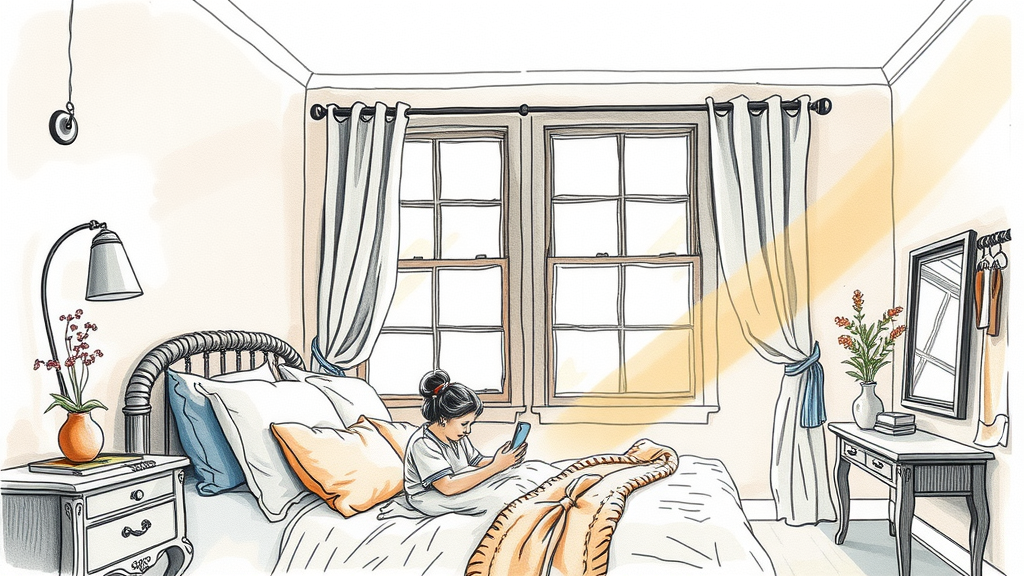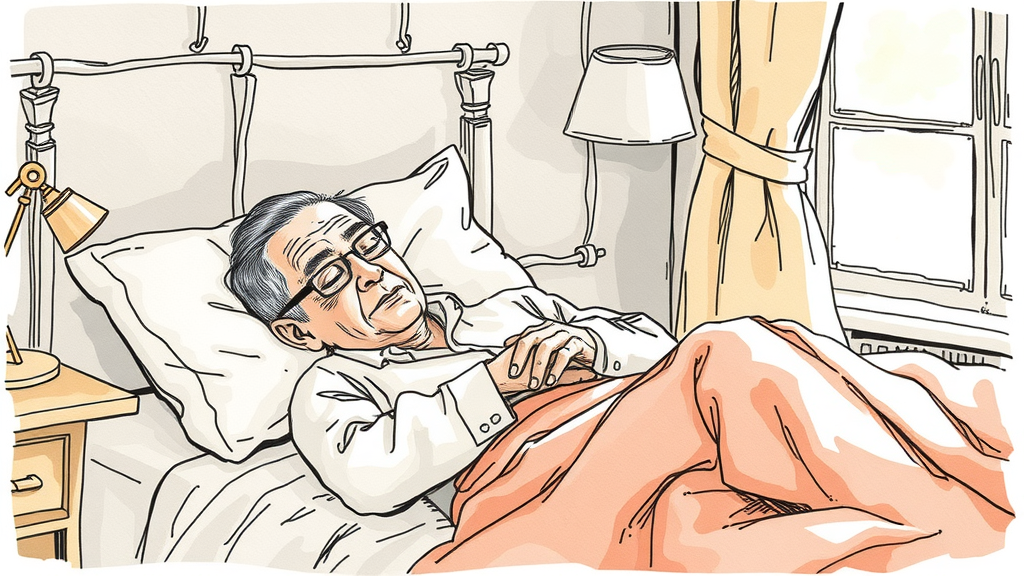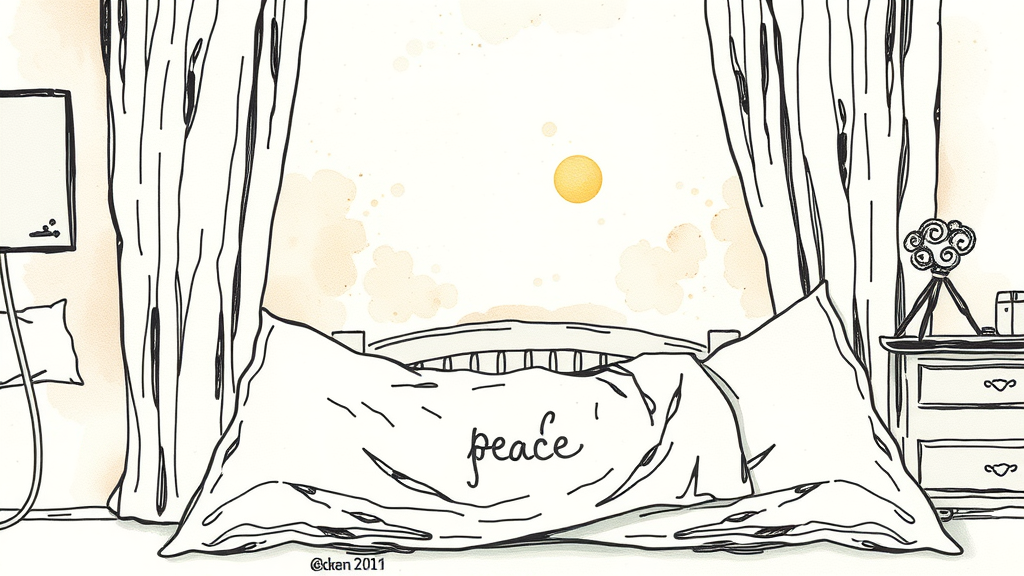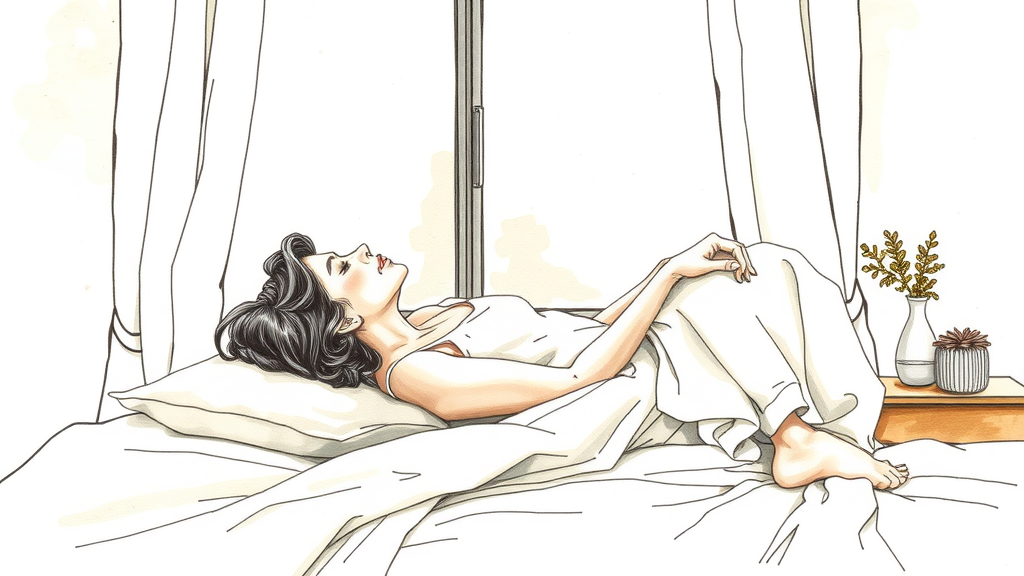· AI Assistant · Health & Wellness · 11 min read
The Ultimate Guide to CBTI Sleep Therapy for College Students
Struggling with sleep in college? Discover CBTI, a drug-free sleep treatment offering lasting insomnia relief for students. Reclaim your rest!
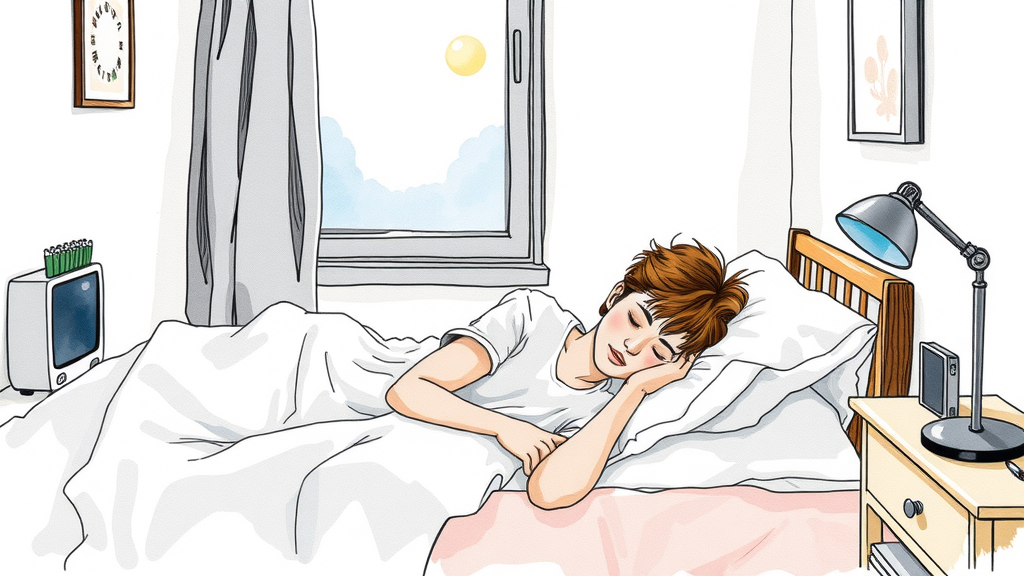
The College Sleep Crisis: Why Rest is Essential
College life is often depicted as a vibrant tapestry of late-night study sessions, social events, and newfound independence. While exhilarating, this period can also be incredibly challenging, especially when it comes to maintaining healthy sleep habits. Many college students find themselves caught in a vicious cycle of sleep deprivation, leading to decreased academic performance, mood swings, and even compromised physical health. From all-nighters to noisy dorms and overwhelming stress, the obstacles to quality rest are numerous. This guide aims to shed light on a highly effective, evidence-based solution: CBTI sleep therapy, specifically tailored for the unique demands of student life. If you’re a college student struggling with insomnia relief, this comprehensive guide will walk you through how cognitive behavioral therapy for insomnia can be your ultimate drug free sleep treatment.
Understanding CBTI: A Powerful Tool for Insomnia Relief
At its core, CBTI (Cognitive Behavioral Therapy for Insomnia) is a structured program that helps you identify and replace the thoughts and behaviors that prevent you from sleeping well. Unlike sleeping pills, which offer temporary relief and can come with side effects, CBTI addresses the root causes of insomnia, offering a sustainable path to improved sleep. It’s not just about sleeping more; it’s about sleeping better and gaining control over your sleep patterns.
What Makes CBTI Different?
Traditional approaches to sleep problems often focus on quick fixes. However, CBTI operates on the understanding that insomnia is often perpetuated by learned behaviors and cognitive distortions. It’s a holistic, multi-component sleep therapy that empowers you with tools and strategies to achieve lasting insomnia relief.
CBTI typically involves several key components:
- Cognitive Restructuring: Challenging and changing negative thoughts and beliefs about sleep.
- Stimulus Control: Re-associating your bed and bedroom with sleep and sex only, and eliminating activities that hinder sleep.
- Sleep Restriction: Temporarily limiting the time spent in bed to increase sleep drive and consolidate sleep.
- Sleep Hygiene Education: Providing knowledge about habits and environmental factors that promote good sleep.
- Relaxation Training: Teaching techniques like progressive muscle relaxation or mindfulness to reduce arousal.
For many, especially those looking for a drug free sleep treatment, CBTI offers a powerful alternative that boasts high success rates and long-term benefits. Its principles are adaptable and have shown remarkable effectiveness across various demographics. For example, understanding CBTI strategies for shift workers can offer valuable insights into managing sleep disruption in challenging circumstances, a parallel that resonates with students balancing erratic schedules.
The College Student’s Unique Sleep Challenges
College students face a unique confluence of factors that disrupt sleep:
Academic Pressures
Deadlines, exams, and demanding coursework often lead to late-night studying, all-nighters, and irregular sleep schedules. The pressure to perform can trigger anxiety, making it harder to fall asleep even when there’s an opportunity.
Social Life and Environment
Living in dorms or shared apartments means constant noise, varying schedules of roommates, and late-night social activities that compete with sleep. The fear of missing out (FOMO) can also keep students awake or prevent them from prioritizing sleep.
Technology Overload
Smartphones, laptops, and tablets are indispensable for college life, but their blue light emission and constant notifications can interfere with the body’s natural melatonin production and keep the mind stimulated.
Mental Health Concerns
College is a period of significant emotional and psychological development. Anxiety, depression, and stress are prevalent, and these conditions are often intertwined with sleep disturbances. Insomnia can exacerbate mental health issues, creating a negative feedback loop.
Lifestyle Choices
Caffeine and alcohol consumption, often used to cope with academic demands or for social reasons, can severely impair sleep quality and exacerbate insomnia over time.
Recognizing these challenges is the first step. The next is applying the structured techniques of CBTI to overcome them.
Core Components of CBTI Tailored for Students
While the core components of cognitive behavioral therapy for insomnia are universal, their application for college students requires specific considerations.
1. Sleep Restriction: Building Your Sleep Drive
This counter-intuitive technique involves temporarily limiting the time you spend in bed to the actual amount of time you spend sleeping. For example, if you’re in bed for 8 hours but only sleep for 5, you’d initially restrict your time in bed to 5.5 hours. This creates a mild sleep deprivation, making you more tired and consolidating your sleep into a more efficient block. As your sleep efficiency improves, you gradually increase your time in bed. For students, this means strict adherence to a bedtime and wake-up time, even on weekends. It builds a stronger “sleep drive” essential for insomnia relief.
2. Stimulus Control: Reclaiming Your Bedroom
Many students use their beds for everything: studying, eating, watching movies, scrolling on social media. Stimulus control aims to break the association between your bed/bedroom and wakefulness. The rules are simple:
- Only go to bed when you are sleepy.
- Use your bed and bedroom only for sleep and sex.
- If you can’t fall asleep within 15-20 minutes, get out of bed and go to another room. Do a quiet, non-stimulating activity (e.g., reading a physical book, listening to calm music) until you feel sleepy, then return to bed. Repeat as necessary.
- Wake up at the same time every day, regardless of how much you slept the night before. This helps regulate your circadian rhythm, a crucial element of effective
sleep therapy.
3. Cognitive Restructuring: Quieting the Mind
College students often lie awake worrying about exams, grades, social interactions, or future plans. Cognitive restructuring teaches you to identify and challenge these sleep therapy disrupting thoughts. Instead of dwelling on worries, you learn to replace them with more realistic or helpful thoughts. Techniques include:
- Thought journaling: Writing down worries and challenging their validity.
- Scheduling “worry time”: Designating a specific time earlier in the day to address concerns, so they don’t intrude on sleep time.
- Mindfulness and acceptance: Learning to observe thoughts without judgment, allowing them to pass.
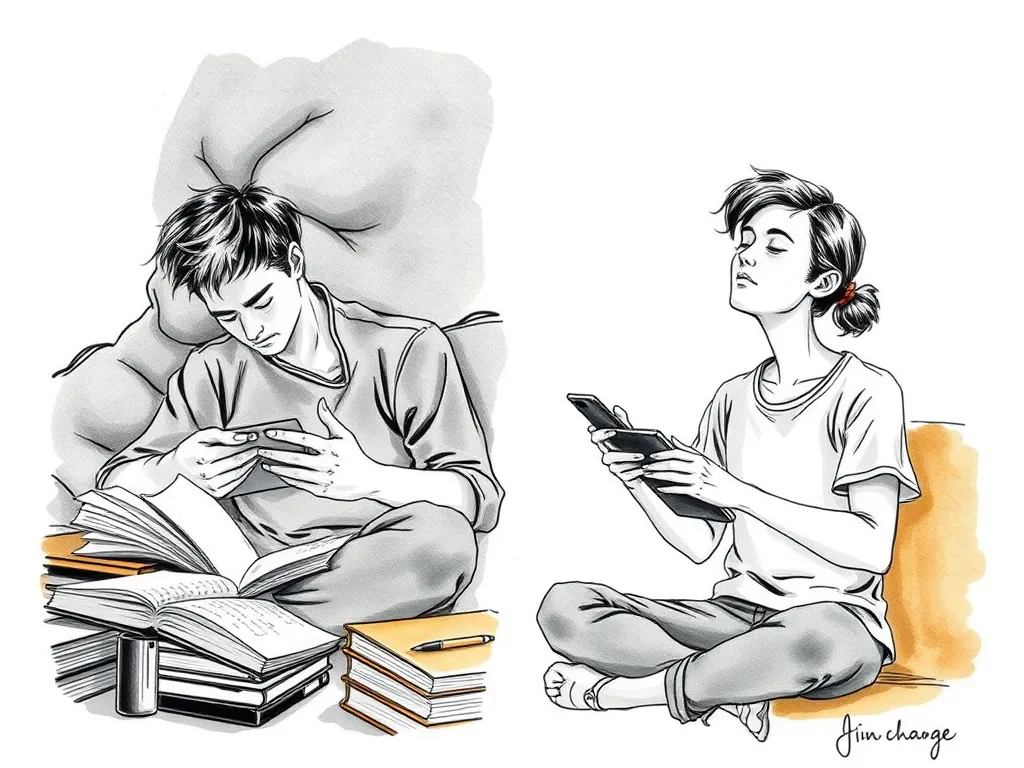
This is a powerful aspect of cognitive behavioral therapy for insomnia, as it directly tackles the mental component of sleeplessness.
4. Sleep Hygiene Education: Foundations for Rest
While not a standalone solution, good sleep hygiene practices are foundational to CBTI. For college students, this means:
- Consistent Sleep Schedule: Going to bed and waking up at the same time, even on weekends, helps regulate your body’s internal clock.
- Optimize Your Sleep Environment: Ensure your bedroom is dark, quiet, and cool. Consider earplugs, eye masks, or white noise machines.
- Limit Screen Time Before Bed: Avoid phones, tablets, and computers at least an hour before sleep. The blue light can suppress melatonin.
- Mind Your Diet: Avoid heavy meals, excessive caffeine, and alcohol, especially close to bedtime. Caffeine can stay in your system for hours, affecting sleep quality.
- Regular Exercise: Physical activity during the day can promote better sleep at night, but avoid vigorous exercise too close to bedtime. Athletes, in particular, understand the critical role sleep plays in performance and recovery. For more on how sleep impacts physical prowess, explore resources on CBTI sleep therapy for athletes.
5. Relaxation Techniques: Winding Down Effectively
Learning to relax before bed is vital. Techniques such as deep breathing exercises, progressive muscle relaxation, or guided meditation can help calm your nervous system and prepare your body for sleep. Apps and online resources can provide guided sessions. This sleep therapy component is particularly useful for reducing pre-sleep anxiety.
Why CBTI is the Ideal Drug Free Sleep Treatment for College Students
CBTI’s unique approach makes it incredibly well-suited for college students:
- No Dependency: As a
drug free sleep treatment, it avoids the side effects, dependency risks, and withdrawal symptoms associated with sleeping pills. This is crucial for students who need to maintain focus and cognitive function. - Sustainable Skills: CBTI teaches lifelong skills. Once learned, these strategies can be applied to manage future sleep disturbances, even after college. This long-term
insomnia reliefis invaluable. - Addresses Root Causes: Instead of merely masking symptoms, CBTI targets the behavioral and cognitive patterns that perpetuate insomnia. This means a more effective and durable solution.
- Empowerment: Students gain a sense of control over their sleep, which can be incredibly empowering in an often chaotic environment. Understanding how seniors benefit from CBTI sleep therapy highlights its universal applicability in improving sleep quality across different life stages.
- Flexible Delivery: CBTI can be delivered individually, in groups, or even through digital platforms, making it accessible to busy students. Many university counseling centers offer
CBTIprograms.
Implementing CBTI in Your College Life
Starting CBTI doesn’t necessarily mean finding a therapist immediately, although professional guidance can be highly beneficial, especially for severe cases. Here’s how college students can begin:
Self-Help Resources
Many excellent books, apps, and online programs offer structured CBTI protocols. Look for those developed by sleep experts or recommended by reputable health organizations. These can provide a solid foundation for understanding and applying the techniques.
University Health Services
Most universities have counseling or health centers that offer sleep workshops, individual sleep therapy sessions, or referrals to CBTI specialists. These services are often free or low-cost for students.
Creating Your Sleep Sanctuary
Even in a small dorm room, you can optimize your sleep environment. Use blackout curtains, invest in a comfortable mattress topper, and keep your space tidy and free from clutter that can stimulate your mind. Designate your bed primarily for sleep.
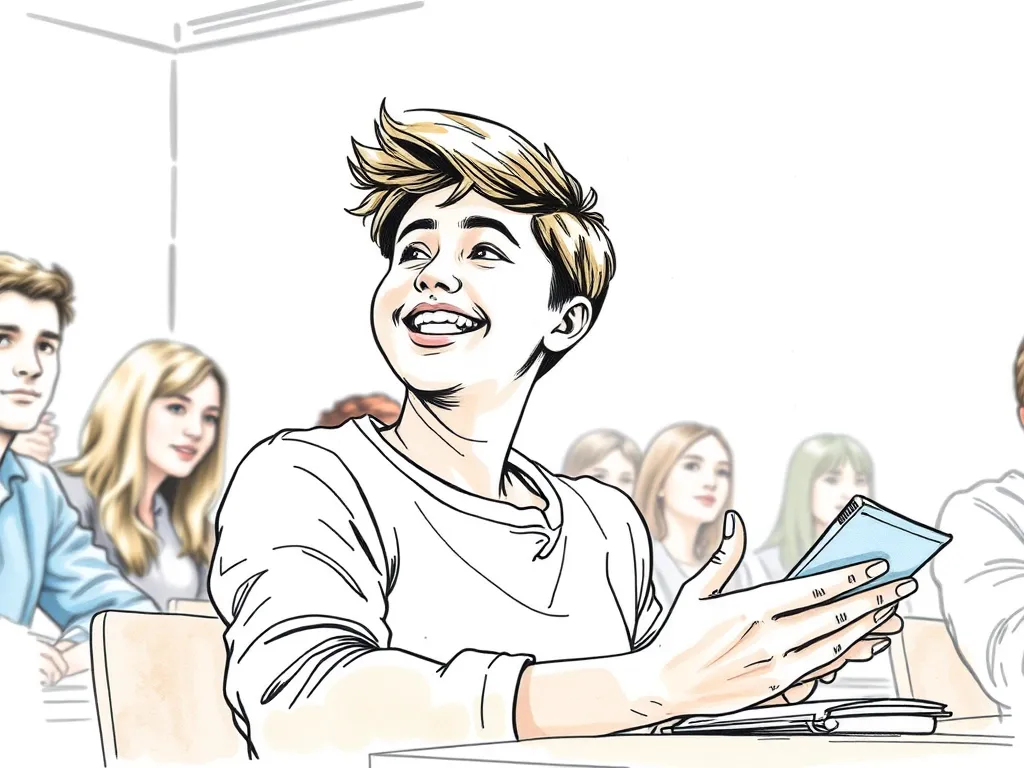
Prioritizing Sleep
This is perhaps the hardest, yet most crucial step. View sleep as an essential component of your academic success and overall well-being, not a luxury. Just as teachers prioritize strategies to manage stress and burnout, students also need effective coping mechanisms. Discover how CBTI for teachers offers valuable lessons in reclaiming rest, providing a perspective on integrating healthy habits into demanding lifestyles.
Beyond CBTI: Maintaining Long-Term Insomnia Relief
CBTI provides the framework for significant insomnia relief, but maintaining healthy sleep habits is an ongoing process. Continue to:
- Practice good sleep hygiene: These habits are not just for initial treatment but for lifelong sleep health.
- Manage stress effectively: Incorporate stress-reduction techniques into your daily routine, such as exercise, meditation, or spending time in nature.
- Be patient and persistent: Sleep improvement is a journey, not a destination. There will be good nights and bad nights. The key is consistency in applying your
CBTIstrategies.
Embracing CBTI can transform your college experience, allowing you to thrive academically, emotionally, and physically. It’s an investment in your long-term health and a powerful path to achieving consistent, restorative sleep without reliance on medication.
Frequently Asked Questions About CBTI for College Students
Q1: How long does it take for CBTI to work?
A: Significant insomnia relief can often be seen within 4 to 8 weeks of consistent CBTI practice. However, individual results vary, and some might experience improvements sooner or require a longer period for full benefits. Consistency is key.
Q2: Is CBTI suitable for all types of insomnia?
A: CBTI is primarily designed for chronic insomnia, which means difficulty falling or staying asleep at least three nights a week for three months or more. While its principles can benefit anyone struggling with sleep, it’s most effective for behavioral and cognitive components of insomnia. For other underlying medical conditions, a doctor’s consultation is essential.
Q3: Can I do CBTI by myself, or do I need a therapist?
A: Many individuals achieve good results with self-help CBTI resources (books, apps, online programs), especially for milder cases. However, for more severe or persistent insomnia, or if you have co-occurring mental health conditions, working with a trained CBTI therapist or sleep specialist is highly recommended. They can tailor the program to your specific needs and provide crucial support and accountability.
Q4: Will CBTI interfere with my studies or social life?
A: Initially, CBTI (especially sleep restriction) might feel challenging and could temporarily impact your energy levels as your body adjusts. However, the goal is to improve your overall sleep quality and energy, leading to better focus, mood, and academic performance in the long run. Any short-term adjustment is an investment in your long-term well-being and ability to engage fully with both studies and social life.
Q5: What if I have an important exam or presentation coming up? Should I still follow CBTI?
A: It’s generally advised to be consistent with CBTI, as deviations can disrupt progress. However, if you have a critical, high-stakes event like an important exam, discuss potential temporary adjustments with your CBTI therapist. The long-term goal of insomnia relief through CBTI is to ensure you’re well-rested for all aspects of your life, including academic challenges.
Assess Your Sleep Quality Today
Take our My Sleep Health Score assessment to get personalized insights about your sleep patterns and discover how CBT-I can help you achieve better sleep.
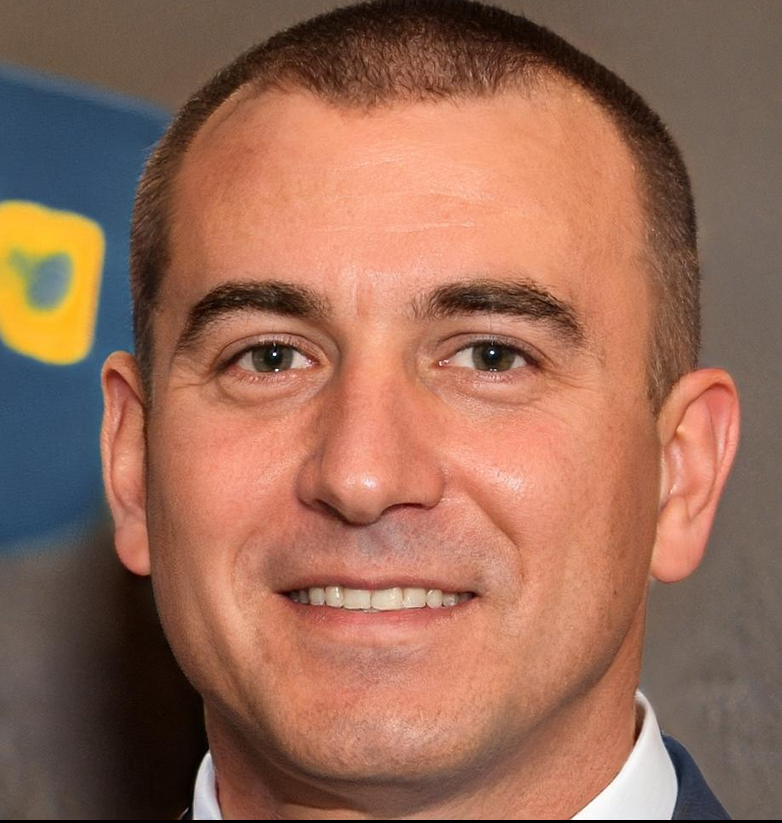
Don Schmidt
15+ years of experience in sleep therapy and Cognitive Behavioral Therapy for Insomnia (CBT-I). Passionate about connecting individuals struggling with sleep disorders to evidence-based, non-medical treatment solutions. Author of hundreds of articles and comprehensive guides on sleep health, CBT-I techniques, and overcoming insomnia. When not helping clients achieve better sleep, you can find me hiking with my family and dogs or enjoying a good book.
Ready to connect with a provider?
Allow us to connect you with a provider who can help.
